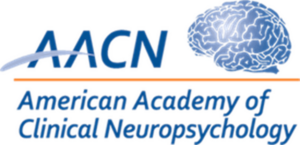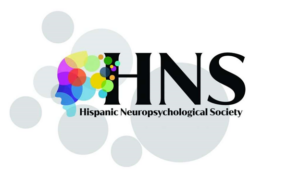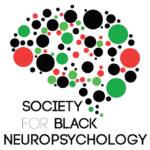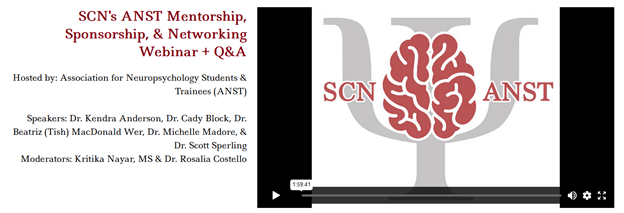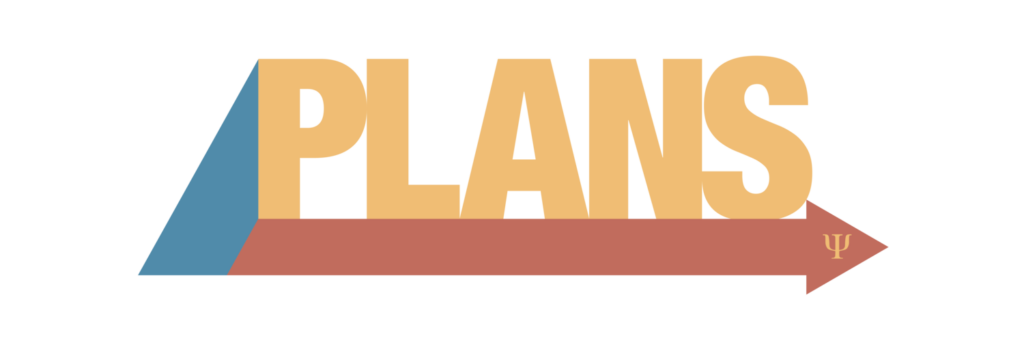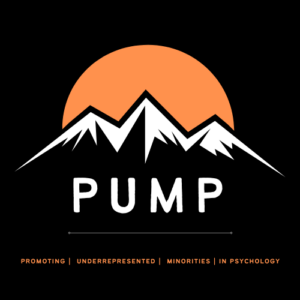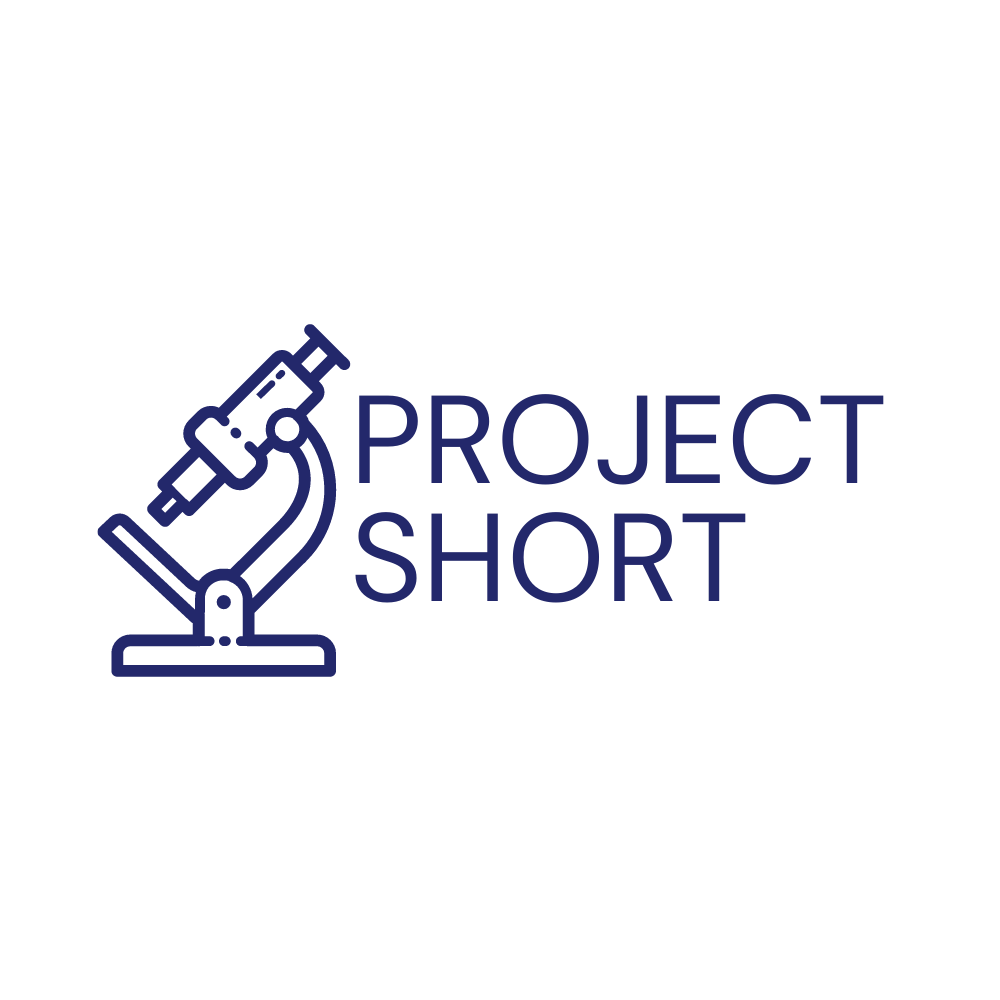Neuropsychology Mentorship Programs
There are many high quality mentorship programs for students sponsored by professional neuropsychology organizations. Mentors can help you identify goals for your training and career, connect you with other professionals, offer support about navigating academia as an underrepresented student, share resources, and much more.
All of the following neuropsychology organizations offer student mentorship programs for both prospective and current students. Click on the logos below to learn more!
Psychology Mentorship Programs
The following organizations offer mentorship programs broadly for underrepresented students applying to graduate school in psychology:
Psicológos Latinos Avanzando Nuestros Servicios (PLANS)
“PLANS was founded to address the underrepresentation of Latinos in Clinical and Counseling Psychology doctoral programs. Our mission is to support the growth and success of Latino undergraduate and post-baccalaureate students interested in becoming licensed psychologists. We offer community and connection to mentors, networking, and resources that will help you succeed in your PLANS.”
Promoting Underrepresented Minorities in Psychology
“Promoting Underrepresented Minorities in Psychology (PUMP) is a collaboration between four divisions of the American Psychological Association: 12 (Society of Clinical Psychology), 28 (Psychopharmacology and Substance Abuse), 45 (Society for the Psychological Study of Culture, Ethnicity and Race), and 50 (Society for Addiction Psychology). PUMP, a mentorship program funded by the APA Committee on Division/APA Divisions, hopes to increase retention of underrepresented scientists in psychology.
PUMP is a formalized system of mentoring specifically for people who are underrepresented, and is intended to ultimately help increase representation in the psychological sciences.”
Project SHORT
“Comprised of volunteer professional health and graduate students, residents, faculty, and post-docs, Project SHORT (Students for Higher-Ed Opportunities and Representation in Training) is the first organization to offer pro bono mentoring for both professional health and graduate school admissions.
Project SHORT was created in 2019 with the goal of combatting socioeconomic and systemic inequalities in the medical and graduate school admissions processes. Private pre-health consulting is expensive, and perpetuates an already-wide socioeconomic gap in medicine. Similarly, systemic biases in STEM training at the undergraduate level can lead to deficits in access to resources for medical and graduate school applications.
By offering free, high-quality mentorship, Project SHORT aims to help diversify the pool of highly qualified applicants applying to graduate and professional health schools.”
National Research Mentoring Network (NRMN)
“Through our national network, we implement and disseminate innovative, evidence-based best practices to improve mentoring relationships at institutions across the country. We connect highly knowledgeable and skilled mentors with motivated and diverse mentees, ranging from undergraduate students to early-career faculty, and facilitate long-term, culturally responsive interactions between them. We are committed to establishing a culture in which historically underrepresented mentees successfully progress in their careers and contribute to the biomedical research enterprise.”

